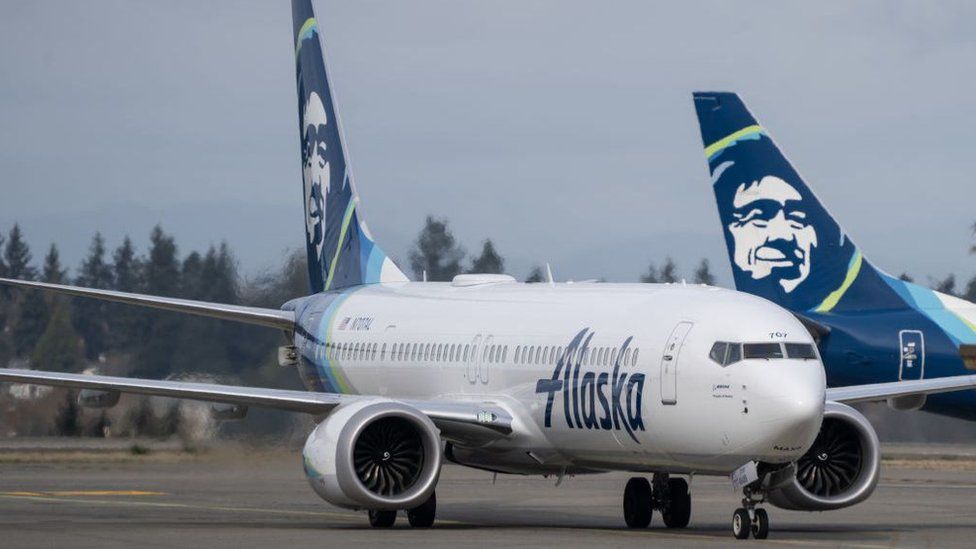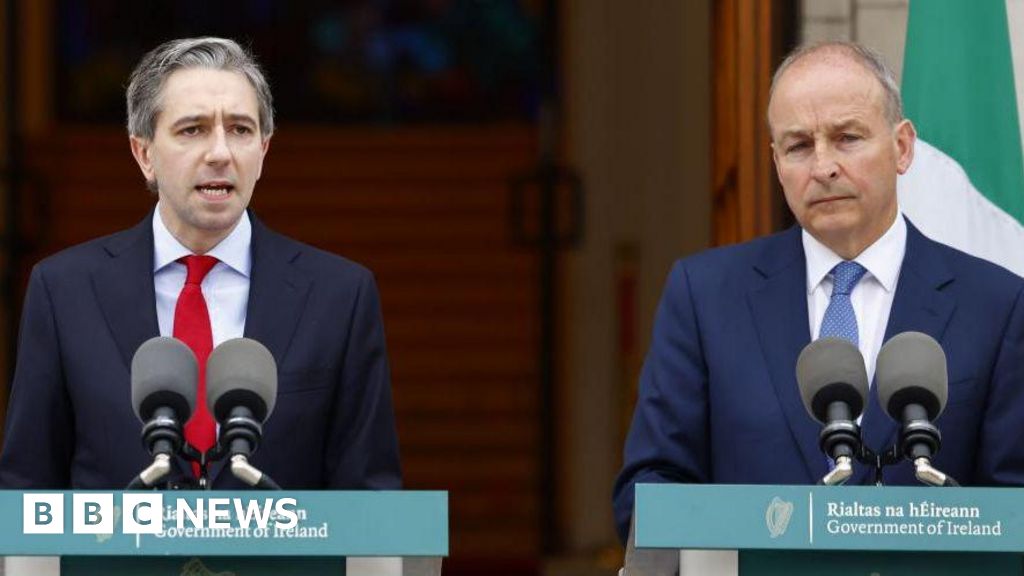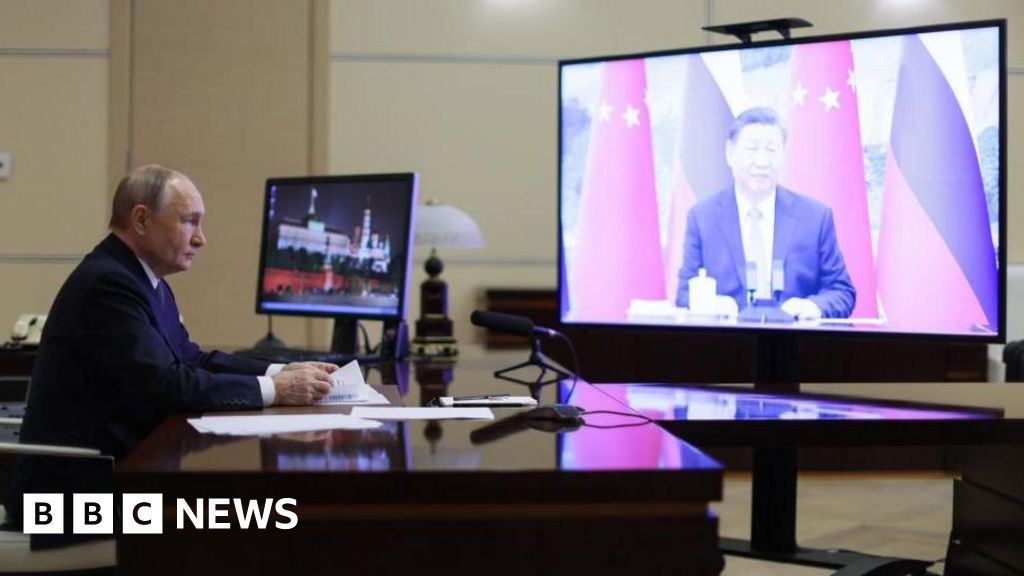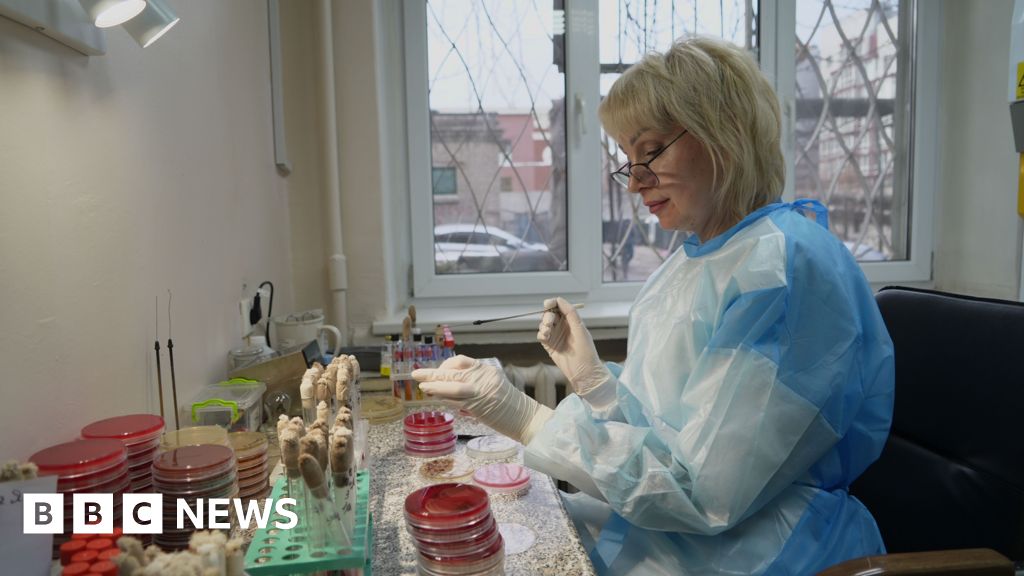ARTICLE AD BOX
 Image source, Getty Images
Image source, Getty Images
Boeing has paid $160m (£126m) to Alaska Air to make up for losses it has so far suffered following a dramatic mid-air blowout in January.
Alaska said the money would address profits lost in the first three months of the year and it expected further payouts in the months ahead.
Regulators temporarily grounded nearly 200 Boeing 737 Max 9's after a door plug fell from an Alaska Air plane shortly after take-off.
Thousands of flights were cancelled.
Airlines are now contending with delivery delays as Boeing slows production of new planes to try to resolve manufacturing and safety concerns.
In February, budget carrier Ryanair warned holidaymakers faced paying higher fares because of the delays.
United Airlines, which had also warned investors of a financial hit from the grounding, recently asked pilots to volunteer for unpaid leave, due to the delivery changes.
In January, Alaska warned of a roughly $150m hit. "Although we did experience some book away following the accident and 737-9 MAX grounding, February and March both finished above our original pre-grounding expectations," the airline said.
Boeing did not comment but warned earlier this year that it expected to spend at least $4bn (£3.16bn)more than expected in the first three months of the year.
The company has been in crisis since the 5 Jan emergency, in which passengers on the Alaska Airlines flight from Portland, Oregon and bound for California narrowly escaped serious injury.
An initial report from the US National Transportation Safety Board concluded that four bolts meant to attach the door securely to the aircraft had not been fitted.
Boeing is now facing a criminal investigation into the incident itself, as well as legal action from passengers aboard the plane.
Last month, chief executive Dave Calhoun said he would step down by the end of the year, the most high profile leader to leave the company in the wake of the crisis.

 9 months ago
36
9 months ago
36








 English (US) ·
English (US) ·